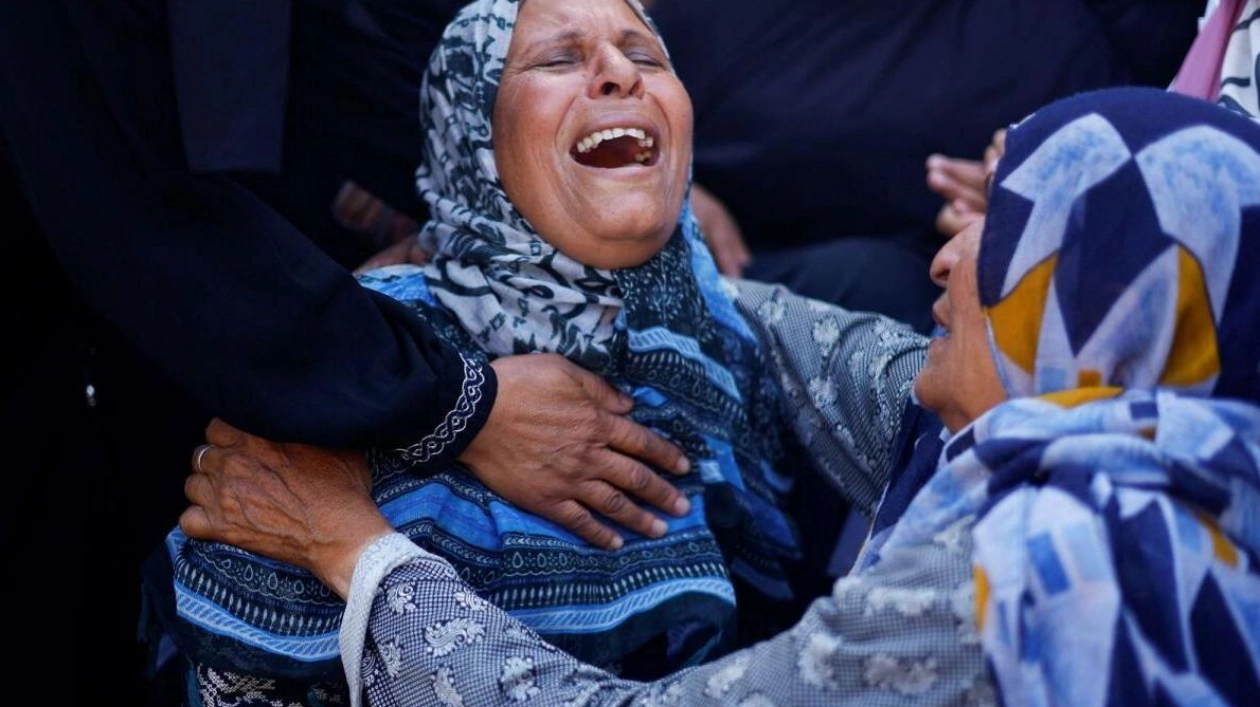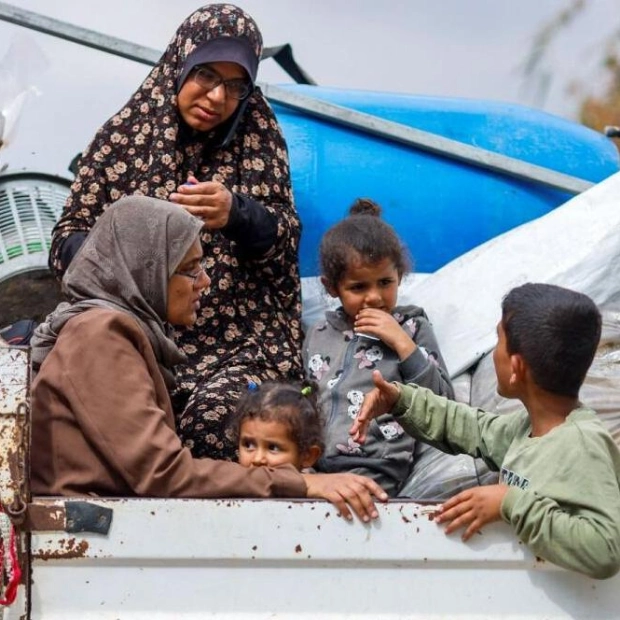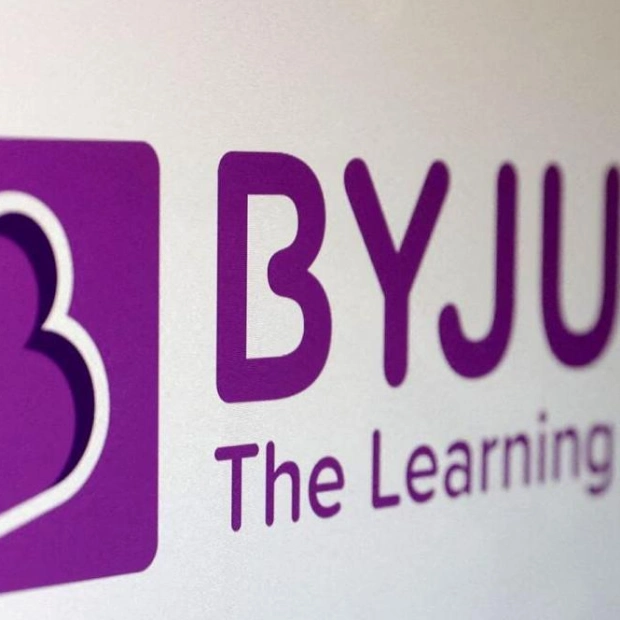Three senior Iranian officials stated that only a ceasefire agreement in Gaza resulting from anticipated talks this week would prevent Iran from directly retaliating against Israel for the assassination of Hamas leader Ismail Haniyeh on its territory. Iran has pledged a severe response to Haniyeh's killing, which occurred during his visit to Tehran last month and which it attributes to Israel. Israel has neither confirmed nor denied its involvement. The US Navy has dispatched warships and a submarine to the Middle East to strengthen Israeli defenses.
One of the sources, a senior Iranian security official, indicated that Iran, along with allies such as Hezbollah, would initiate a direct attack if the Gaza talks fail or if Iran perceives Israel as prolonging negotiations. The sources did not specify how long Iran would allow for the talks to proceed before responding. Following the killings of Haniyeh and Hezbollah commander Fuad Shukr, Iran has engaged in intense discussions with Western countries and the United States to calibrate its retaliation, according to the sources.
In published comments, the US ambassador to Turkey confirmed that Washington is urging allies to persuade Iran to de-escalate tensions. Three regional government sources described conversations with Tehran aimed at avoiding escalation prior to the Gaza ceasefire talks, scheduled to begin on Thursday in either Egypt or Qatar. Iran's mission to the UN stated on Friday that it hopes its response will be timed and executed in a manner that does not hinder a potential ceasefire. Iran's foreign ministry declared that calls for restraint contradict principles of international law.
Iran's foreign ministry and the Revolutionary Guards Corps did not respond to inquiries for this report. The Israeli Prime Minister's Office and the US State Department also did not respond to questions. White House spokesperson John Kirby told reporters that an action by Iran and its proxies could occur as soon as this week, a view shared by both the US and Israel. If such an event occurs, its timing could significantly impact the talks planned for Thursday, he added.
In Israel, many observers believe a response from Iran is imminent after Supreme Leader Ayatollah Ali Khamenei vowed to harshly punish Israel for the attack in Tehran. Iran's regional policy is dictated by the elite Revolutionary Guards, who report only to Khamenei, the country's highest authority. Iran's new president, Masoud Pezeshkian, has consistently reaffirmed Iran's anti-Israel stance and support for regional resistance movements since taking office.
Meir Litva, a senior researcher at Tel Aviv University's Alliance Centre for Iranian Studies, believes Iran will prioritize its own needs over aiding Hamas but also seeks to avoid a full-scale war. Iran has never subordinated its strategy and policies to the needs of its proxies, Litva noted. An attack is likely and almost inevitable, but the scale and timing remain uncertain.
Iran-based analyst Saeed Laylaz stated that the Islamic Republic's leaders are now focused on achieving a ceasefire in Gaza to gain incentives, avoid an all-out war, and strengthen their regional position. Laylaz added that Iran, which had not previously been involved in the Gaza peace process, is now prepared to play a key role. Iran is considering sending a representative to the ceasefire talks, marking a first since the war began in Gaza. This representative would engage in behind-the-scenes discussions to maintain diplomatic communication with the United States during negotiations.
Two senior sources close to Lebanon's Hezbollah indicated that Tehran would give the negotiations a chance but remains committed to retaliating. A ceasefire in Gaza would allow Iran to execute a smaller, symbolic response. Israel launched its offensive on Gaza after Hamas fighters invaded southern Israel on October 7, killing 1,200 people and capturing over 250 hostages, according to Israeli reports. Since then, nearly 40,000 Palestinians have been killed in the Israeli offensive in Gaza, according to the health ministry.
Iran has not publicly disclosed the target of its potential response to Haniyeh's assassination. On April 13, following the killing of two Iranian generals in an attack on Tehran's embassy in Syria, Iran launched a barrage of hundreds of drones, cruise missiles, and ballistic missiles towards Israel, damaging two airbases. Most of the weapons were intercepted before reaching their targets. Iran aims for its response to be more effective than the April 13 attack, according to Farzin Nadimi, a senior fellow with the Washington Institute for Near East policy.
Nadimi noted that such a response would require extensive preparation and coordination, especially if it involves Iran's network of allied armed groups opposing Israel and the United States across the Middle East, including Hezbollah, Iraqi militias, and Yemen's Houthis. Two Iranian sources stated that Iran would support Hezbollah and other allies if they initiated their own responses to the killings of Haniyeh and Hezbollah's top military commander, Fuad Shukr.






